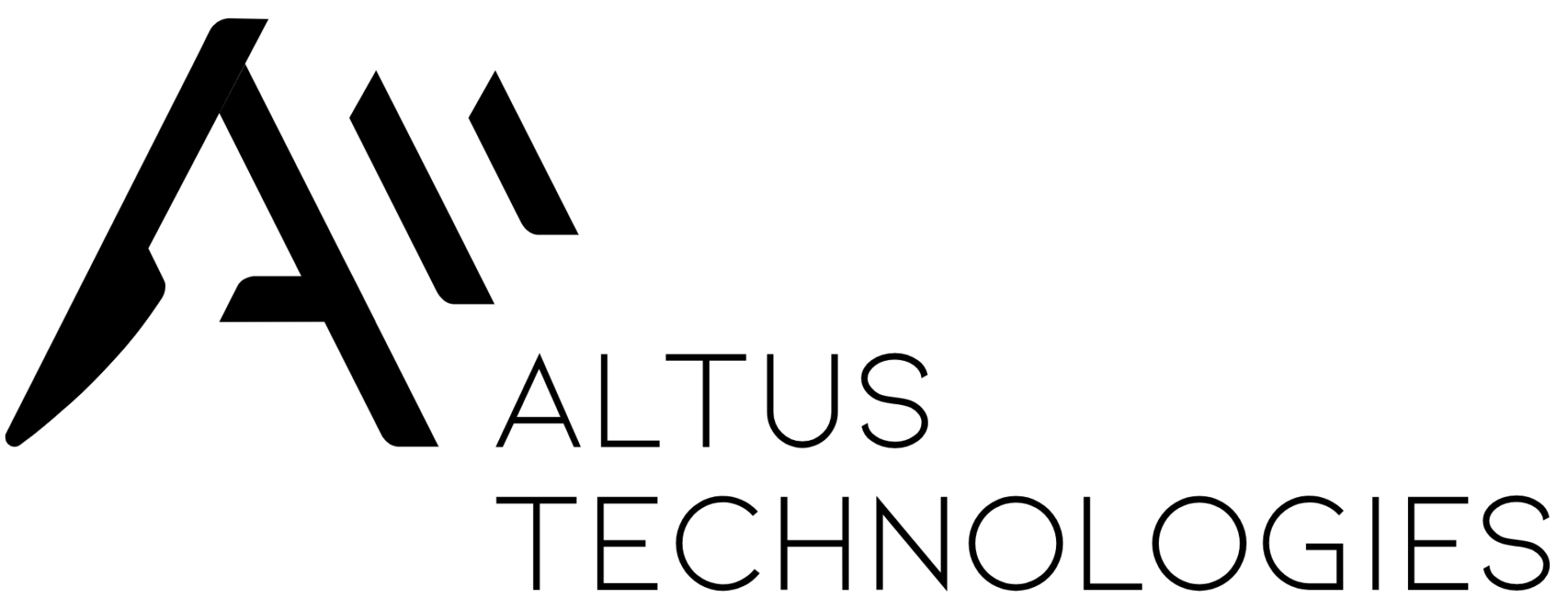The food safety and technology of tomorrow, a real solution. (Part 3 – Blockchain)

Blockchain
Much to the surprise of some, the blockchain technology used by bitcoin and other cryptocurrencies is not limited to finance and is starting to be used in other industries such as agribusiness to ensure transmission and information storage in a safe manner.
The blockchain, as a distributed, transparent and incorruptible register, can help fight the opacity of these supply chains and make food fraud much more difficult. The advantage of a blockchain registry is its transparency and distributed management, making it impossible to modify data unilaterally.
Depending on the case, the entry in the register can be done manually or automatically by the use of connected sensors, attached to the product, capable of automatically transmitting data – location, temperature, humidity and others, – and the register on the blockchain.
In some highly regulated sectors such as finance, blockchain is the key to reducing compliance costs that otherwise are astronomical. Many of the big banks are currently investing in blockchain-based systems for this reason. This is an example where a tougher regulatory framework encourages the adoption of blockchain technology. Once adopted, the technology provides benefits to the rest of the ecosystem as transparency and increased data reliability.
It is not impossible that the food industry will eventually arrive at the creation of an international food traceability registry based on blockchain technology. In the meantime, there are already voluntary initiatives by major players in the food industry positioning themselves in the so-called “ethical” food niche.
The Carrefour retailer was among the first to adopt the blockchain and offer traceability of the chicken. Using a QR code, the consumer can know the place and the mode of farming, the name of the farmer, the food received, the use of antibiotics, the place of slaughter … The difference with usual traceability is that it is 100% verifiable and tamper-proof.
Walmart announced in June 2017 that blockchain has reduced the time it takes to trace the origin of pork products from China from days to minutes. This example is striking because it demonstrates how an importing country can protect itself from food fraud in the case of foods from countries with different regulatory frameworks.
Once reliable data is available in massive and accessible quantities, new services can be orchestrated. Contact us for more information.
